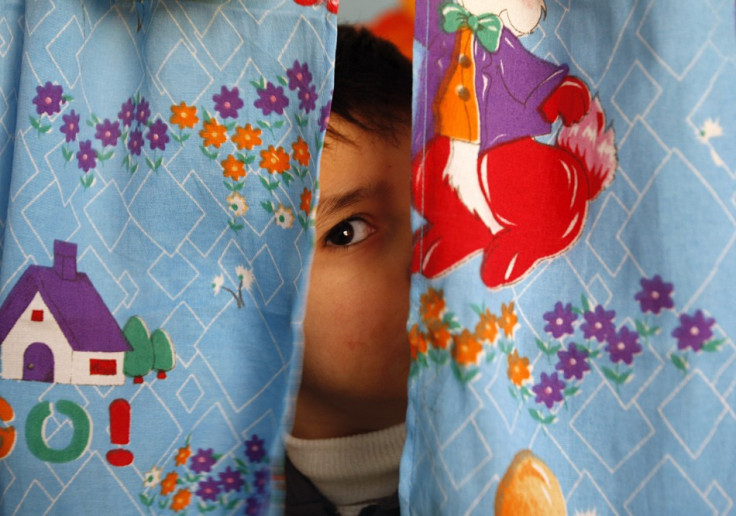Risk of autism increases by 87% if mothers take antidepressants during pregnancy

A comprehensive study has led scientists to the conclusion that women who take antidepressants when pregnant increase the risk of giving birth to a child who suffers from autism by 87%. After reviewing data of 145,456 pregnancies, researchers at the University of Montreal established that antidepressants almost double the risk of autism in children.
However, "The variety of causes of autism remain unclear, but studies have shown that both genetics and environment can play a role," explained Professor Anick Bérard of the University of Montreal and its affiliated CHU Sainte-Justine children's hospital. "Our study has established that taking antidepressants during the second or third trimester of pregnancy almost doubles the risk that the child will be diagnosed with autism by age seven, especially if the mother takes selective serotonin reuptake inhibitors, often known by its acronym SSRIs."
The team used the vast data and analysed the time between conception through to the age of 10. However, they took into account other factors which traditionally increase the risk of autism, such as the mother's age, predisposition to autism and if the mother suffers from depression.
"We defined exposure to antidepressants as the mother having had one or more prescription for antidepressants filled during the second or third trimester of the pregnancy. This period was chosen as the infant's "critical brain development occurs during this time," Bérard said. "Amongst all the children in the study, we then identified which children had been diagnosed with a form of autism by looking at hospital records indicating diagnosed childhood autism, atypical autism, Asperger's syndrome, or a pervasive developmental disorder. Finally, we looked for a statistical association between the two groups, and found a very significant one: an 87% increased risk."
The findings have increased significance as between six and 10% of pregnant women are on antidepressants. The importance is enhanced by the knowledge that the rate of autism being diagnosed in children has increased from 4 in 10,000 children in 1966 to 100 in 10,000 today, according to the study published JAMA Pediatrics.
"It is biologically plausible that anti-depressants are causing autism if used at the time of brain development in the womb, as serotonin is involved in numerous pre- and post-natal developmental processes, including cell division, the migration of neuros, cell differentiation and synaptogenesis – the creation of links between brain cells," Bérard continued. "Some classes of anti-depressants work by inhibiting serotonin (SSRIs and some other antidepressant classes), which will have a negative impact on the ability of the brain to fully develop and adapt in utero".
© Copyright IBTimes 2025. All rights reserved.






















